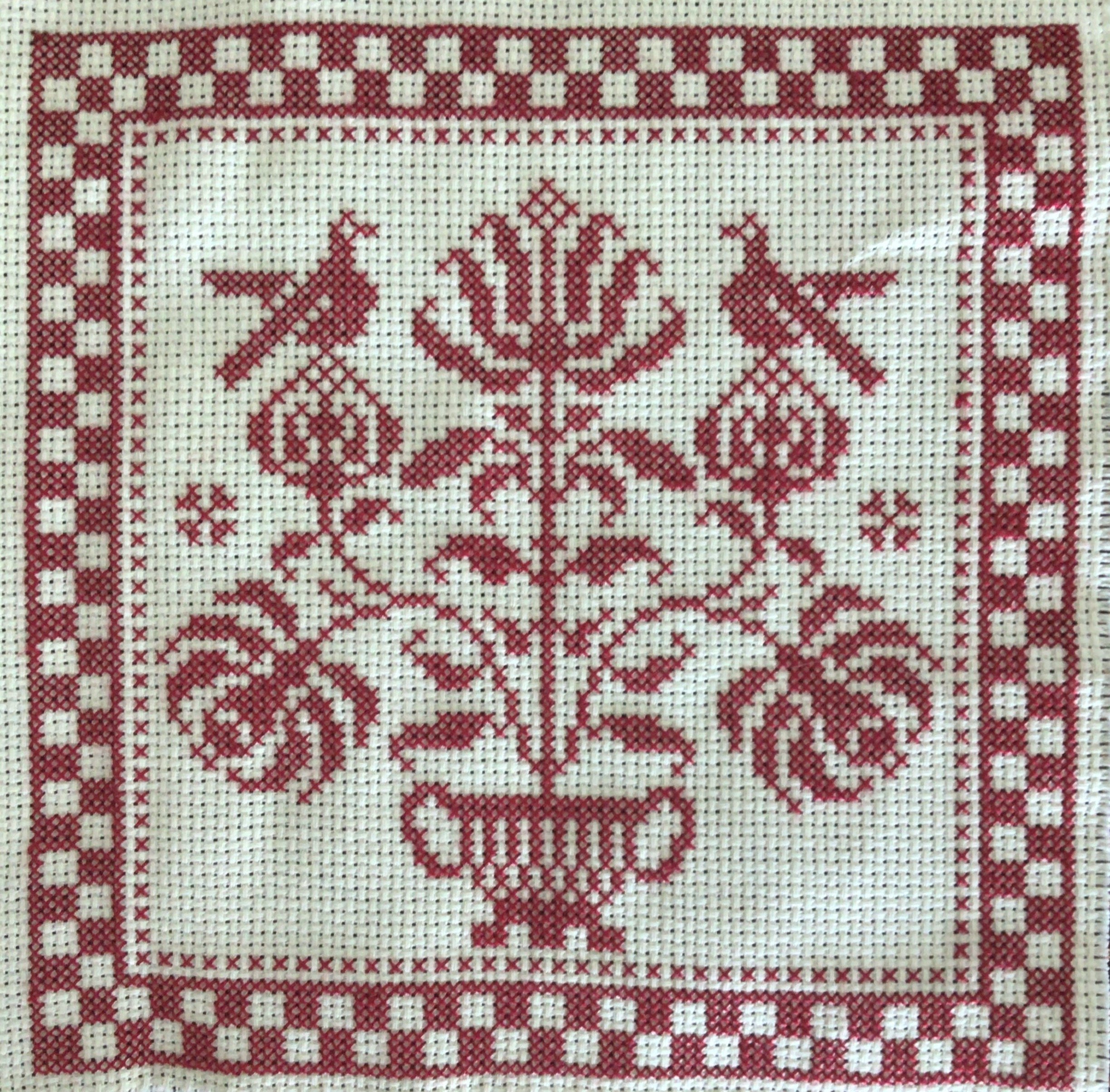Read "The Dearborns" Pt. V by Alex Ranieri on Substack
You can read the penultimate portion of Alex Ranieri’s The Dearborns on Song of the Broad-Axe Publication’s Substack, The Ha'Penny Papers.
The front hall was in dark mahogany wood, with one grand staircase which unfurled on both the left and right sides; before them lay a plush Oriental carpet in rich, dark reds, golds, and blues; a dormant fireplace had above it a mantel, on which Jonathan had flanked a portrait of their father with two Ming vases. To the right of this mantel was a corridor to the kitchen; to the left, the entrance to the library, which was the scene of all Robert’s most harrowing interviews with his brother, and was where their steps now tended.
“Is Jonathan very peeved with me this time, do you think?” Robert asked his niece. She turned on him with a look of incomprehension.
“What’s that, Uncle Rob?”
This, if anything, only worsened Robert’s discomfort. “I said, is your father very angry with me this time?”
“Oh, no—not more than usual, I expect,” she said, carelessly. But Robert could not help but notice in her, what he could hardly find a better word for than moodiness, which he had never detected before.
“Oh, not more than usual—that’s alright, then,” and there it was, in his own voice! Beneath a forced cheerfulness, that very same moodiness, the very same apprehension of some unpleasantness, without any definite direction, took hold.
They came to the small library door, tucked away and set deep in its wall. Anna knocked.
“Come in,” a voice, which seemed to emit from the very walls of the house itself, pronounced. Anna opened the door and only stepped in.
“Uncle Rob’s here to see you, Dad.”
“Thank you, Anna. Leave us, please.”
“Please don’t,” Robert breathed as she ducked out, earning himself the ghost of a smile. But she did not stop; and Robert exchanged places with her; sunk deeper into the lion’s den; and the door was closed behind him.
“Hello, John,” Robert said, rubbing his thumbs against his hands with nerves, “How are you?”
Jonathan did not return his weak smile. “I’m alright, thank you, Robert. I don’t think my guess is far off, when I say you are not?”
Jonathan might have been a man from any century. His figure was upright, and trim enough for a man of fifty two who had been used to the finer things in life since he could toddle. His black hair was only beginning to show signs of gray; his chin was clean-shaven, and very little signs in the way of age sat upon it; though there was an old quality in his eyes, so similar to his daughter’s in color and depth; though how different! Where hers seemed to change from moment to moment, a perfect double mirror of her soul, her father’s sank the viewer into oblivion, with no roadmap to the opposite shore. Some said it was his time in Vietnam, where he had served with distinction; but in fact he was one of the few who emerged from that conflict psychologically almost unscathed. He had had the same eyes as a very young man, and no war, nor personal sorrow, had done much to change them. Robert, looking into them now, felt as he had felt looking into them as a little boy; as though he stood before his father for judgement, though Jonathan was the younger by three years.





